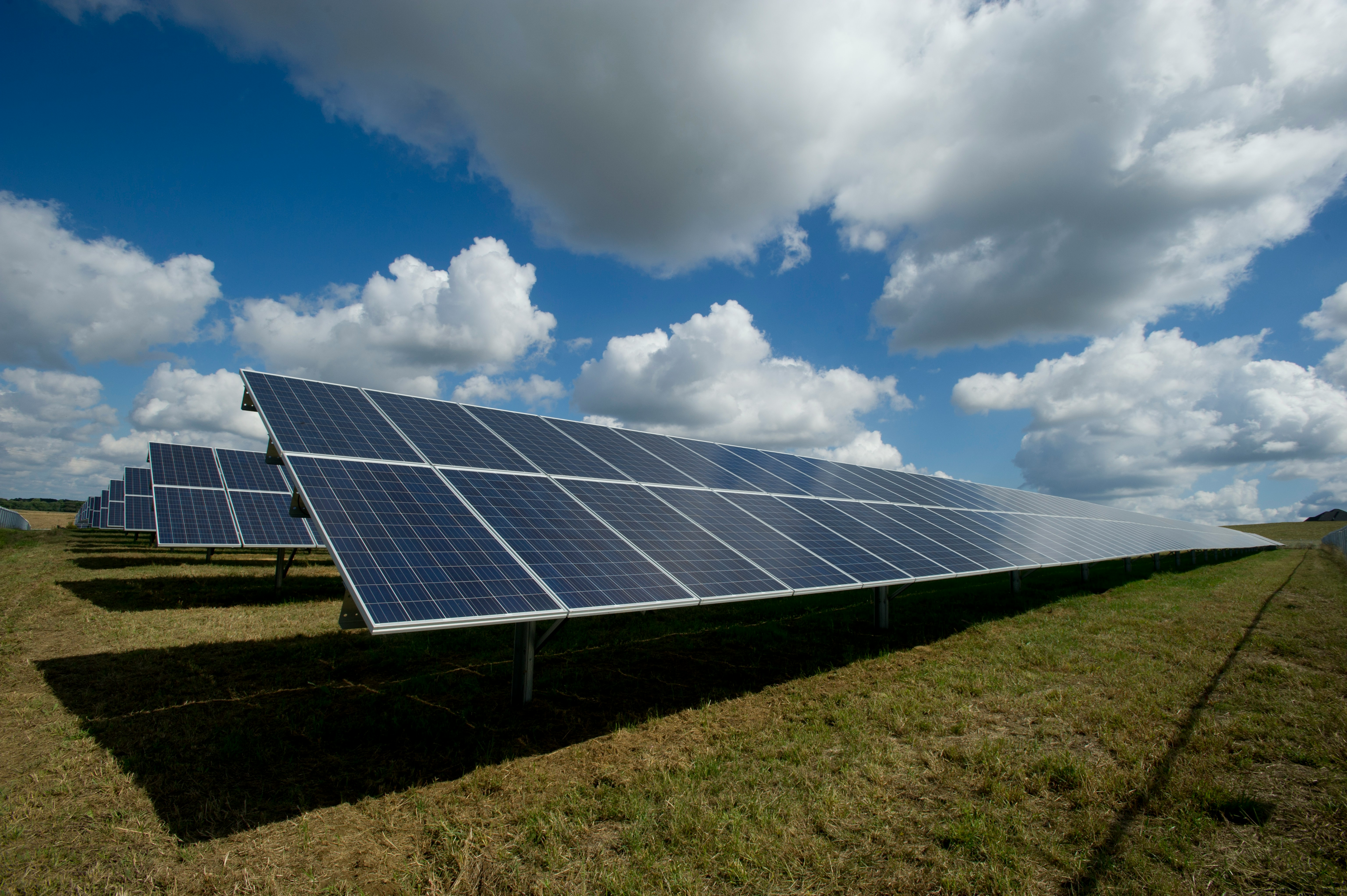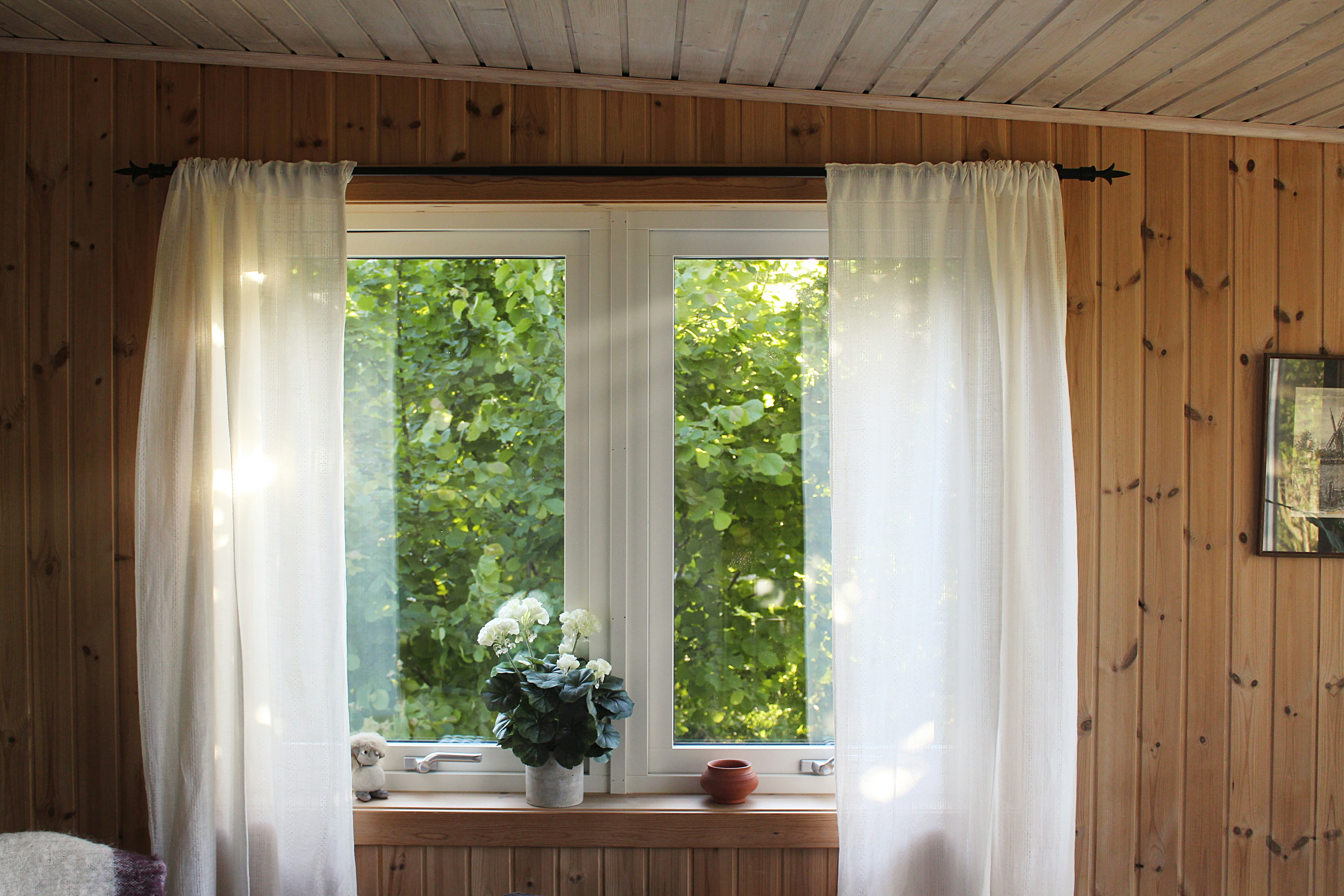Unfortunately, many of our every day habits are quite harmful to the environment, especially in the United States. Everything from the fossil fuels being burned during your morning commute to the jet fuel being used on your way to your spring vacation has a detrimental environmental impact. Food production is even a contributor to CO2 emissions. While some contributors to harmful emissions may be obvious, others may not be, so it’s important for major countries like the United States to educate their citizens on the environment.
Whether you realize it or not, something as simple as leaving your lights on for too long can have damaging effects to our environment. There are many simple solutions that can help people change their routines to be more eco-friendly, especially within one’s own home. Understanding the different ways to save energy in your home can have a pretty strong impact on the environment. By educating yourself and others on how to save energy, including researching certain things like “what is biodiesel,” you will be taking significant steps in an eco-friendly direction.
1. Insulate Your Roof.
Properly insulating your home will help you significantly reduce both your carbon footprint and your energy bill—which is a great deal! Insulating your home will allow you to rely less on heating and cooling your home, thus decreasing your energy bill quite a bit. As a result, the reduction of your energy use will lead to a decrease in any greenhouse gas emissions that you were releasing and contributing to global warming. While insulating your home may sound intimidating and costly, it is well worth the initial investment, as you will be eliminating harmful emissions, encouraging a positive environmental impact, and saving money.

2. Wash in Cold Water.
While hot water may sound like the most cleanly option when it comes to showering, washing dishes, or doing the laundry—using cold water actually has a significantly better environmental benefit than washing with hot water. The energy used by washing machines and showers to make the water a high temperature is a majority of the overall energy being exerted by those products. Reducing the amount of hot water you use will help you slash the prices of your typical energy bill while also decreasing the level of harmful emissions and particulates into the atmosphere. In addition saving money and having a positive environmental impact, washing in cold water is actually more beneficial in regard to sanitariness as well. Cold water is more likely to take stains out of clothes and it is less likely to damage any fabrics you are washing.

3. Flexible Pricing.
When you’re looking for a company to supply your home with energy, it’s important to find one that is within your budget and offers environmental benefits. You can compare electricity and gas prices at iSelect.com, where you’ll be able to determine what energy packages are best for you. iSelect can provide you with an abundance of information and energy plans regarding a variety of energy sources, including solar and wind energy. Going this route with your energy will not only save you plenty of money in the long run, but you will also have a great environmental impact by drastically decreasing your carbon monoxide emissions as well as emissions of other greenhouse gases.
Having a flexible pricing plan could save you hundreds of dollars throughout the year. When you use certain home appliances throughout the day while on a flexible pricing plan, your energy bill will be less expensive. Flexible pricing plans encourage the decrease of energy and the increase of environmentally friendly habits. This modification to your energy consumption can be one of the best decisions you make for your home.

4. Replace Your Lightbulbs.
Using LED lights as opposed to traditional lightbulbs can help decrease your energy while having a positive environmental impact. LED lights use less energy, thus immediately reducing your electricity bill. These bulbs also have a longer lifespan than the traditional lightbulb, making them less likely to be thrown away. Another key environmental benefit that LED lights have is that, unlike traditional bulbs, LED lights don’t contain mercury, so they don’t require the same special handling as traditional bulbs.

5. Take Advantage of Natural Lighting.
Just opening your windows during the day time instead of turning on your lights can have a huge benefit for both your energy bill and your environmental impact. Relying on natural light will help reduce your need for turning on your lights and adding to your energy bill. This is one of the most simple yet effective ways to help both your electricity bill and the environment.

